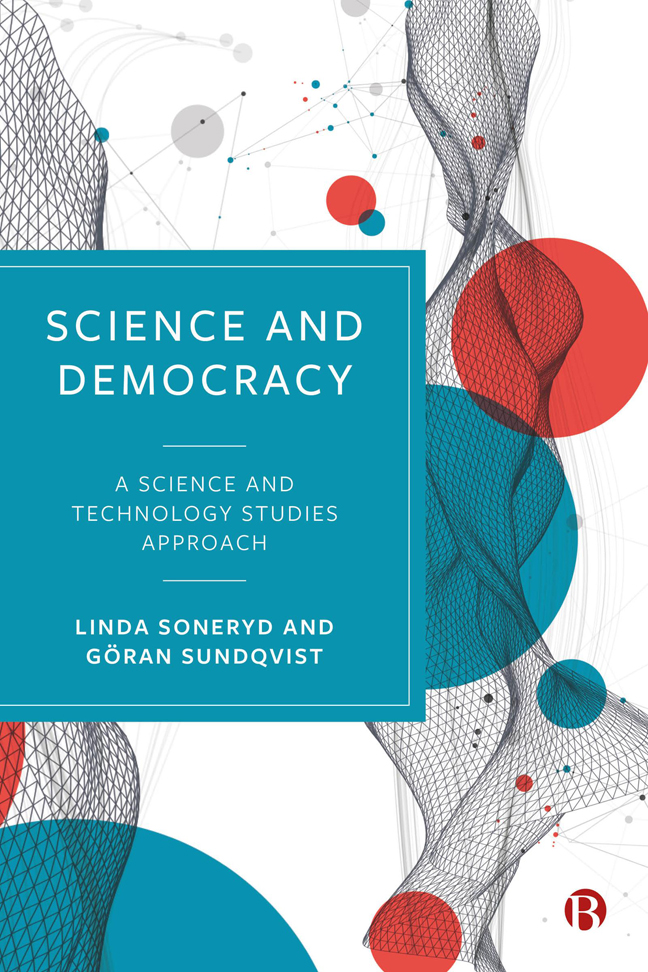3 - The Relationship between Science and Politics
Published online by Cambridge University Press: 23 January 2024
Summary
Introduction
In this chapter, we continue the presentation of ideas about science and politics as separate. While the previous chapter focused on separation as part of wider societal changes and presented thinkers who demonstrate a clear separation, some of which also support the idea of strictly separate domains, this chapter focuses on approaches that discuss how science and politics can and should relate to each other, while simultaneously acknowledging that separation exists. Many of the scholars discussed in the chapter study what happens when science and politics meet.
We first present the view that the increased importance of scientific knowledge for political decision-making has led to stronger demands for scientific consensus. For scientific experts to effectively impact on and influence political decisions, their knowledge base must be generally accepted among other scientists. We then describe the linear model, which is based on the idea that knowledge precedes action. The deficit model follows from the linear model and implies that the public is characterized by knowledge deficits, which can be remedied with education and reliable information. We then present Jürgen Habermas’ seminal pragmatic model as a way to manage the gap between science and politics, and also the technocratic tendencies in modern society based on the increasing dominance of expert knowledge.
In the two final sections of this chapter, we introduce classical STS research on what happens when scientific experts become involved in political decision-making processes. Dorothy Nelkin's studies serve as an important example. Nelkin's conclusion is that politics frames the work of experts and how expert knowledge is used, and thereby expertise is reduced to a tool in managing political conflicts. Thereafter, we present Harry Collins and Robert Evans’ characterization of the first, second, and third wave of STS research. In their approach, presented as the third wave, a clear separation between science and politics, and between experts and non-experts, is defended from the explicit aim of avoiding both technocracy (relying too much on knowledge) and populism (relying too little on knowledge).
Scientific consensus and autonomous experts
Peter Haas, a political scientist well known for the notion of epistemic communities, has for a long time studied international environmental governance and under what circumstances expert knowledge can gain political significance.
- Type
- Chapter
- Information
- Science and DemocracyA Science and Technology Studies Approach, pp. 42 - 60Publisher: Bristol University PressPrint publication year: 2023

